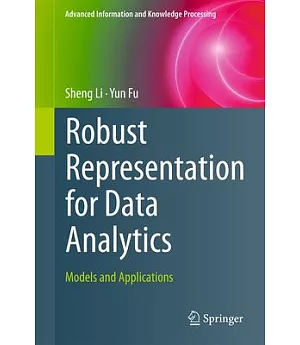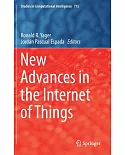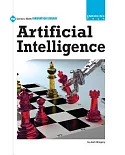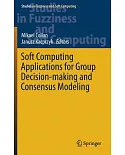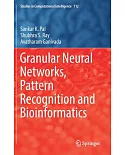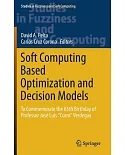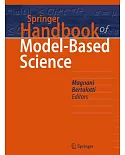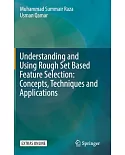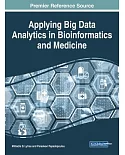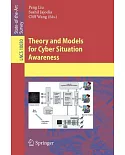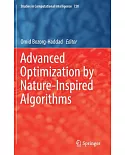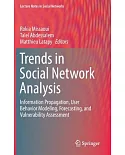This book introduces the concepts and models of robust representation learning, and provides a set of solutions to deal with real-world data analytics tasks, such as clustering, classification,
time series modeling, outlier detection, collaborative filtering, community detection, etc. Three types of robust feature representations are developed, which extend the understanding of graph,
subspace, and dictionary.
Leveraging the theory of low-rank and sparse modeling, the authors develop robust feature representations under various learning paradigms, including unsupervised learning, supervised
learning, semi-supervised learning, multi-view learning, transfer learning, and deep learning. Robust Representations for Data Analytics covers a wide range of applications
in the research fields of big data, human-centered computing, pattern recognition, digital marketing, web mining, and computer vision.

